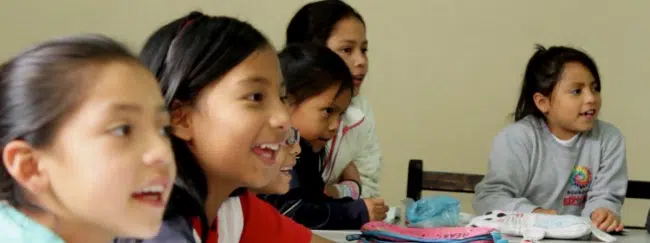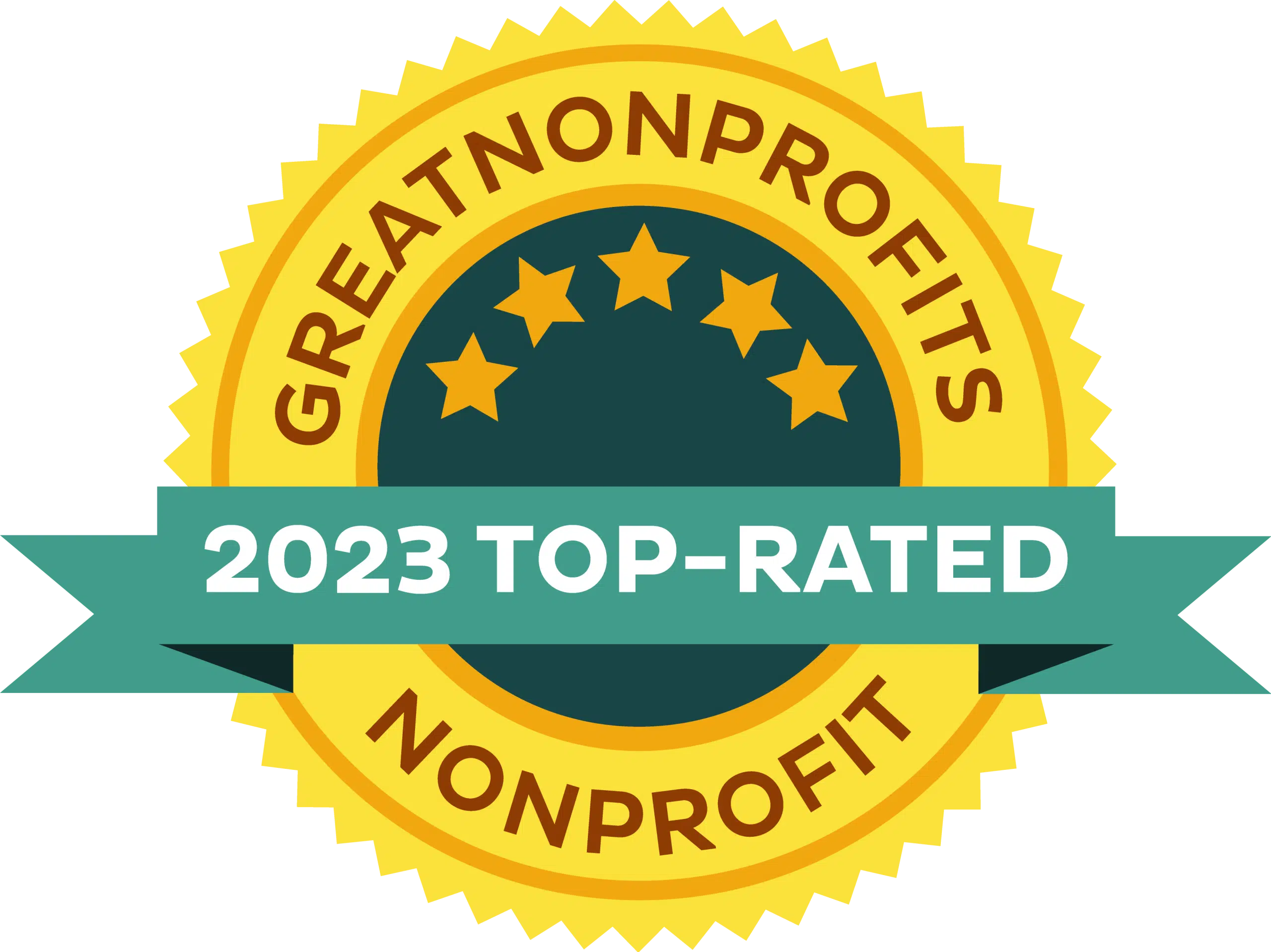Children shouldn’t work in fields, but on dreams. Yet one in 19 children is engaged in child labor in the Americas, according to the U.S. Department of Labor.
Since 2002, World Day Against Child Labor has brought together governments, nonprofits, civil society, and the private sector to highlight the struggles of child laborers and promote action. This year, Partners of the Americas (Partners) commemorates World Day Against Child Labor by striving for the United Nations Sustainable Development Goal Target 8.7, which calls for an end to all child labor by 2025.
Using a kaleidoscope of different perspectives, stakeholders and approaches, Partners combats child labor through six multidimensional programs funded by the U.S. Department of Labor (USDOL). We work as a team with local, international, and governmental organizations, without whom our work would be impossible.
According to the International Labor Organization (ILO), of all children aged 5 – 17 today, 152 million are in child labor, and 73 million of them work under hazardous conditions. While child labor occurs in every sector, seven out of every 10 child laborers work in agriculture. The U.S. Department of Labor (USDOL) estimates that 10.5 million children in Latin America and the Caribbean engage in child labor.
Partners uses multiple approaches to tackle this complex problem: (i) we strengthen public sector, private sector, and civil society organizations, (ii) provide direct services to children, adolescents, and their families, (iii) implement creative methodologies to strengthen life skills, and (iv) promote livelihoods to assure the sustainability of these solutions.
We implement the Paraguay Okakuaa and EducaFuturo projects to combat child labor through this approach. By emphasizing the importance of education, facilitating income-generating opportunities, and strengthening public-private partnerships, EducaFuturo addressed child labor in Panama and Ecuador. Since it began, the project enrolled 6,183 children and youth in formal/non-formal education and 1,758 households in skills training and seed capital provision. Paraguay Okakuaa uses a similar approach in its efforts to combat child labor in Paraguay, with 3,370 children and youth enrolled and 1,355 households.
We are also working with the government of Paraguay, in coordination with Winrock International, on the USDOL-funded project Attaining Lasting Change to reduce gaps in labor legal frameworks, enforcement, and coordination among law enforcement and social protection entities.
In Colombia, the Colombia Avanza project works to improve the capacity of civil society to better understand and address child labor and promote acceptable conditions of work in Colombia’s coffee sector. The program aims to identify and document accurate, independent, and objective information on the nature and scope of child labor and labor violations in the coffee industry. This year, Colombia Avanza held several workshops and led an awareness campaign in pursuit of this goal.
Finally, the newest project, PalmaFuturo, aims to advance the social compliance systems in the palm oil supply chain with the private sector. Two world-class organizations support the project: Social Accountability International and J.E. Austin Associates. Focusing on the palm oil supply chains of Colombia and Ecuador, this project promotes acceptable conditions of work and the prevention and reduction of child and forced labor. It will also disseminate best practices in social compliance systems in these and other palm oil producing countries, particularly Brazil and Peru. Similarly, in Costa Rica, we are working with Funpadem to implement and develop a culture of labor compliance in the agro-export sector.
At Partners, we connect people and organizations across borders, forming lasting partnerships to combat child labor. To learn more about our fight to end child labor, check out our video below on the work of our EducaFuturo project in Panama and Ecuador.





